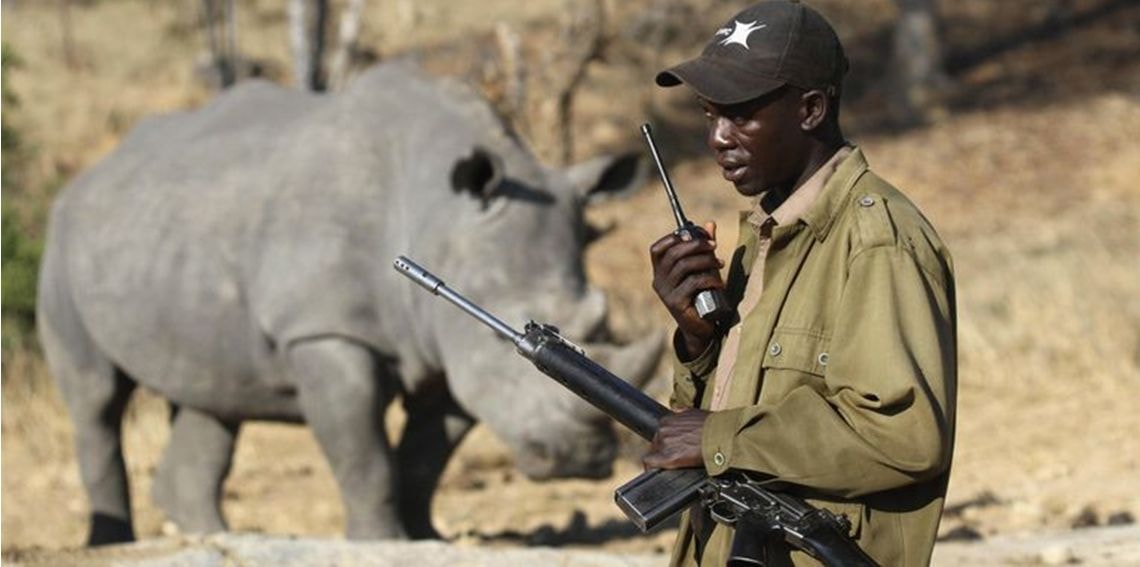South Africa: Alarm over rhino poaching
(Baonghean) - Recently, at a press conference in Pretoria - one of the three capitals of South Africa, the government has just released alarming figures about the illegal hunting and killing of rhinos in this country.
Rhino poaching is still rampant in South Africa, according to statistics released by authorities on Thursday. In 2014, poachers killed 1,215 rhinos, up 211 from 2013. More than two-thirds of these rhinos were killed in Kruger National Park in northeastern South Africa.
| RELATED NEWS |
|---|
 |
| In South Africa, rhino poaching for their horns is increasing alarmingly. Photo: AFP |
Faced with these alarming figures, Environment Minister Edna Molewa also warned, “Let’s not forget that rhino poaching contributes to billions of dollars in illegal wildlife trade around the world.” In November 2014, Cathy Dean, Director of the non-governmental organization Save the Rhino, also warned, “At this rate, the death rate of this species is about to exceed the birth rate.”
With the sudden increase in rhino poaching in South Africa, authorities said that the situation was caused by rhino horns being sold at very high prices in Asia. In Asian countries, including Vietnam, rhino horn is considered to have many uses in traditional medicine. Some people even consider rhino horn as a panacea that can cure all diseases, including cancer. However, many scientific documents have proven that rhino horn, with its main component being keratin, a substance similar to human fingernails and toenails, does not have the miraculous effects that people have rumored.
Every year, the number of rhinos killed and illegally hunted increases in South Africa. According to official statistics, poachers killed 1,004 rhinos in 2013, 668 in 2012, 448 in 2011, 333 in 2010, 122 in 2009, 83 in 2008 and in 2007 alone, only 13 rhinos were hunted. However, according to animal conservationists, this number is actually much larger.
With around 20,000 individuals, South Africa is considered to be home to 70-80% of the world's rhino population. In response to the increasing illegal killing of these rare animals for their horns, the South African government has recently begun moving dozens of rhinos to reserves to ensure their safety.
Chu Thanh
(According to LeMonde)
